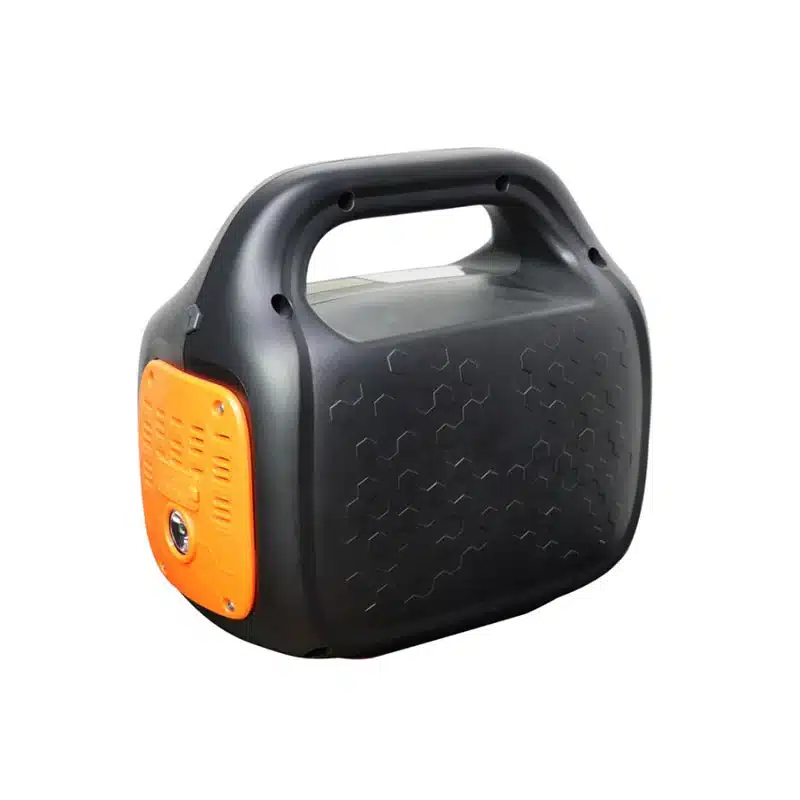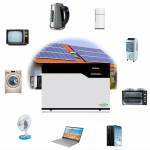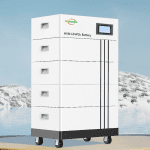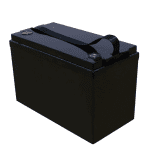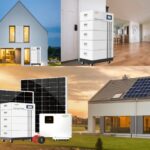Solar Cost: Key To Green Energy
Solar energy is one of the fastest-growing industries in the world. They’ve been around for a long time, but recently, they’ve become affordable enough to become popular in homes and businesses. Solar cost is often cited as one of the biggest obstacles to the widespread adoption of solar power. Still, there are ways you can reduce this cost without sacrificing quality or effectiveness.
The cost of solar energy has dropped dramatically in recent years!
In recent years, the cost of solar energy has been dropping at an unprecedented rate. The price of installing solar panels has fallen significantly in recent years. This means that even though you may be paying less upfront, your overall costs will be lower than if you went with another energy generation or heating system.
Aside from the fact that it’s now cheaper than ever, it’s also important to note that this trend is unlikely to reverse anytime soon. So you’re interested in using renewable energy like solar, worried that the expensive one might go offline. Rest assured, these factors shouldn’t have much of an impact on your decision!
Solar cost is a significant factor in the decision to use solar energy!
Solar cost is a substantial factor in the decision to use solar energy. Installing and maintaining a solar system can be expensive, so it’s essential to consider all aspects of your budget when deciding whether or not to install one.
Solar energy systems have many benefits, including reduced utility bills, increased home value, and tax incentives from the government. However, these systems are not cheap; they require upfront investments that may take years to pay off financially (if ever). Therefore, consumers who want to go green with their electricity bills but don’t have deep pockets right now- or ever- must weigh out all pros/cons before making such an investment decision!

It is essential to understand solar costs!
The solar cost is the cost of a solar energy system. This can vary based on the size, type, and location of your home or business. The size and type of design you need depends on how much electricity you use, how much money you want to spend on your new solar power system, how much sun shines in your area (solar insolation), whether there are other buildings nearby that shade part of your roof from sunlight and whether there are trees near enough to block sunlight from hitting it directly.
It’s essential to understand what these factors mean for calculating your personalized solar costs before deciding whether or not using green energy makes sense for you financially and environmentally speaking.
Solar costs are dropping, and soon they will be cost-effective to use!
Solar prices are falling, and soon they will be cost-effective to use. The reason for this is that technology is improving, manufacturing has improved, and governments are subsidizing solar energy companies so they can sell their products at a lower price.
Solar panels are made of silicon which is expensive to produce, but as technology improves, it becomes easier to manufacture them at a cheaper price. This means that when you buy a solar panel today, it costs less than one did ten years ago because of these improvements in manufacturing techniques leading to lower production costs overall throughout industries around the world, including energy generation industries like wind turbines or hydroelectric dams where we get our electricity from today in order also means less money spent per kilowatt hour produced by these facilities too!

Solar costs can vary widely depending on the size and type of solar system you plan to choose!
The solar energy system’s solar cost can vary widely depending on the size and type of plan you choose.
Here are some factors that affect the overall cost:
The size of your system (how many panels it has). A more extensive system will generally be more expensive than a smaller one, but it may also produce more electricity over time, which could help offset its higher up-front price tag.
In addition to having an electrician install an AC/DC converter in your home, install an inverter with battery backup. This would add another layer of complexity and fit these components into existing structures where they would not be visible from outside windows. However, if a backup battery is critical to your needs, it’s still worth the money!
To sum up
As you can see, many different factors are in play regarding solar costs. The most important thing is to research and ensure you’re getting into it before investing. Once you know how much energy your system will produce, how much it will cost per kWh, and how long it will take for those savings to pay off their initial investment, you can decide whether solar power makes sense for your home! Our original intention in writing this article is to help you understand these!

